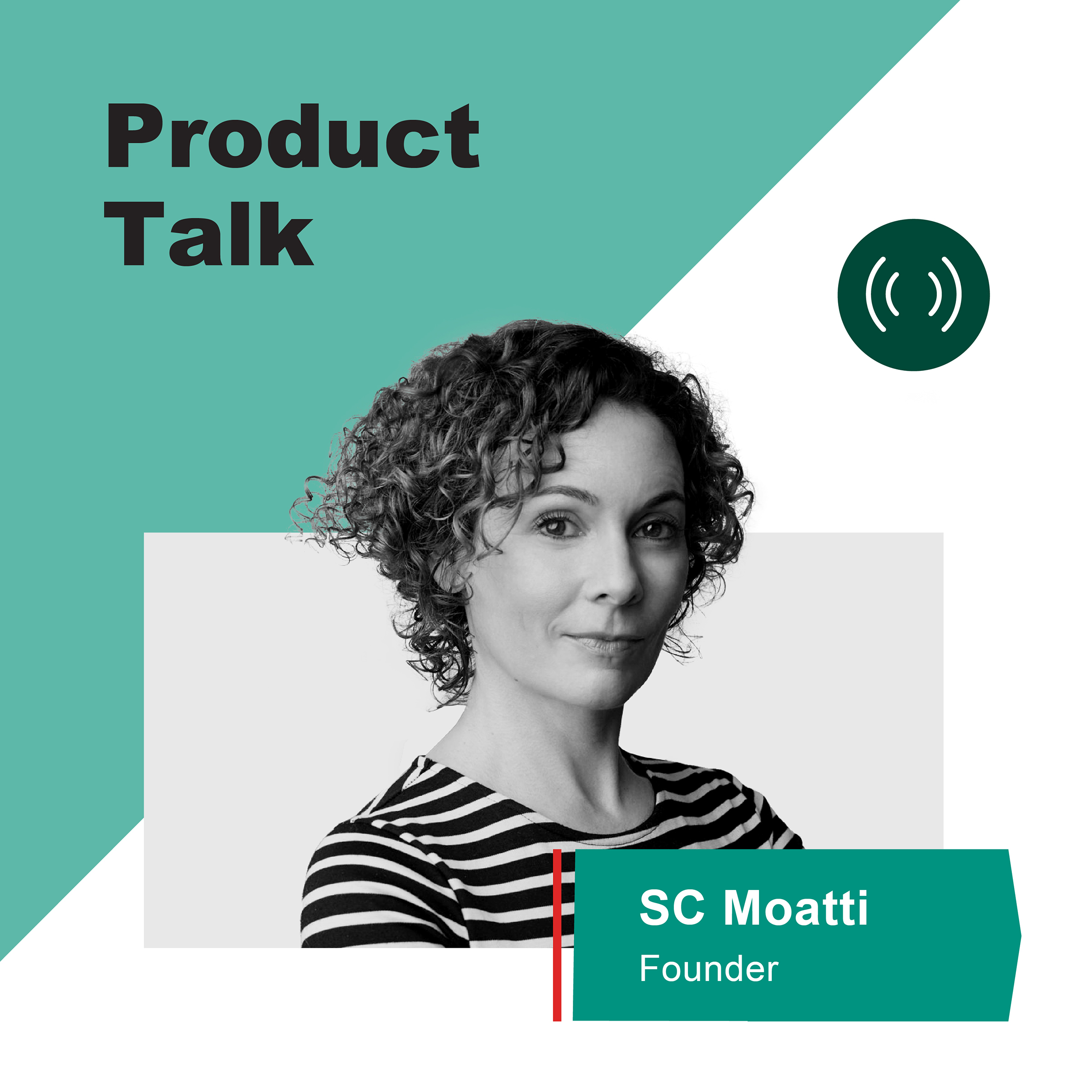


Join product superstar Marty Cagan to learn about how product managers can put the customer first to build impactful products.
Microsoft Central Product Management, Mixed Reality & Artificial Intelligence Engineering, Nate Yohannes, on democratization of AI products
Tata Consultancy Services VP & Co-Founder of Strides.ai Malur Narayan on how artificial intelligence can impact your product and company.